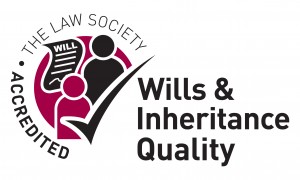Bank prepared Wills
Recent press articles have highlighted the exorbitant costs that some Banks have been charging families when dealing with the Estates of their loved ones.
Banks offered a low cost will-writing service as an incentive for taking out insurance or fee charging current accounts, going back to the late 1990s and early 2000s. It is estimated that 1.5 million wills have been written by Banks in the last twenty years
In these wills, the small print gave the Banks the right to appoint themselves as Executors and they then charge a percentage on the value of an Estate when they administer it. When the Banks’ customers signed up for these wills, they did not realise what exactly this percentage charge would mean and with house prices having risen in this period, it is now obvious that these fees are excessive.
A recent case in the Daily Mail highlighted an Estate worth £400,000 that Nat West was proposing to charge £11,500, yet when the Executor had spoken to a legal practice, he had been advised that their charges would be in the region of £4,000 for dealing with the same Estate.
At Ungoed-Thomas and King, we can do as much or as little of the Estate Administration work as the Executors wish and will always give an estimate at the start of a matter as to how much it is likely to cost and will advise you beforehand if we are likely to exceed that estimate. The cost will be based on the amount of time taken to carry out the necessary work, not on the value of the assets.
We are also accredited members of the Law Society’s Wills and Inheritance Quality Scheme and are the only legal practice in Carmarthen to have attained this standard.
If you have a will that has been written by a Bank’s will writing service and you are concerned about the hidden costs contained in it, please contact us for a free 30 minute review of your existing will.
For more information about these matters, please contact us on (01267) 237441 – Option 2.







